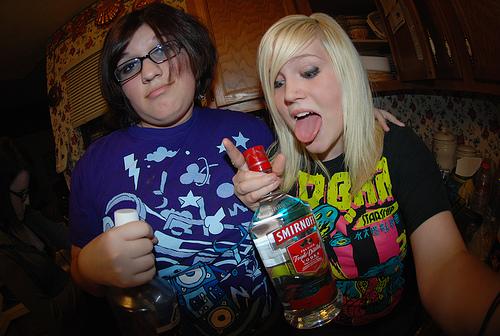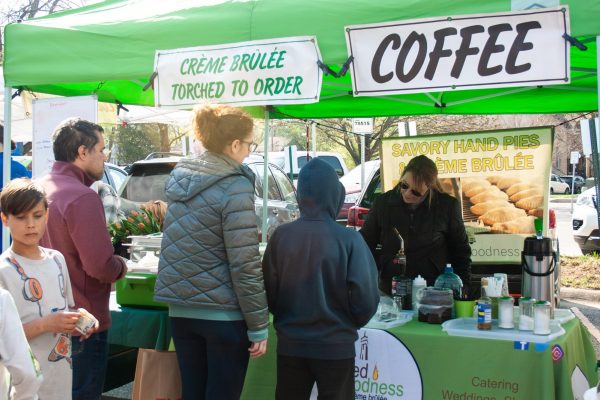Q & A with School Resource Officer about MIPs
According to the Center of Disease Control and Prevention, alcohol continues to be the most-consumed drug among teeangers, surpassing marijuana and even tobacco. In any given Monday, one can hear a chorus of “oh my god, I was so wasted on Saturday,” or “yeah, I threw up like five times” or “that party was sick. I got trashed.” A Free Press reporter sat down with student resource officer Larry Lindsay to find out more about the legal consequences of drinking.
How can you tell if someone is drinking?
Well you know the scent of alcohol–It doesn’t take a rocket scientist to determine whether they’ve been drinking a lot–I mean there’s other tests you can give besides breathalyzer.
Would you penalize someone at a party who wasn’t drinking?
Not necessarily. You gotta look at it in the real world. If I’m one police officer and there’s a hundred kids drinking, I can’t write that many tickets. I’ll give one, maybe two people tickets out of that hundred. I’m human, I can’t write a hundred people tickets at the same time. Is it realistic that some people at a party could be drinking and leave and get away? Yes. It just depends on the circumstance.
What happens if you do get a ticket for minor in possession?
You can challenge it in court. Me issuing you a ticket and you getting convicted are two totally different things. It’s the same with getting pulled over for speeding; I can write you a ticket for that, but that doesn’t mean you’re guilty of it. You still have to go to court.
So you could contest the ticket?
Well yes because if you weren’t drinking but the officer had probable cause to believe you were, you could still get a ticket. If a law enforcement officer writes you a ticket, even if you think you haven’t done anything wrong, the best advice I can give and even the ACLU (American Civil Liberties Union) that represent police misconduct, says on their website to not to contest or fight with the police officer. There’s a time and a place for that, and that’s not the time. If you believe you’re innocent, or are innocent, just go argue in court later. Just because you get a ticket doesn’t mean you’re guilty of it, you still have the right to defend yourself in court.
Do you try to bust students at high school sporting games?
No, we don’t. I mean if you walk up intoxicated or have a beer on school property that in it of itself is gonna get you in trouble in school alone. And you’re gonna draw attention to yourself, since we’re police officers that’s something we’ll enforce.
How does MIP impact your future?
That I can’t really speak about because I don’t really know the criteria. It’s a misdemeanor, not a felony. If you got convicted of it and you’re above 18 then that’s something you’d have to disclose on a resume or anything else. What I’ve ran into the past is law students get an MIP while they’re here at KU, and part of the background investigation is enclosing any criminal activity you have had in the past, and that seem to have caught several attorneys in a bind because they did not disclose that. They do background investigations.
How do you feel about writing these tickets for underage drinking?
Personal opinion really doesn’t matter. As a police officer, it’s my job to enforce the law, and there’s a state statute against it.
Your donation will support the student journalists of Lawrence Free State High School. Your contribution will allow us to purchase equipment and cover our annual website hosting costs.








